In today’s rapidly evolving market, businesses are under constant pressure to innovate and bring new products to market faster. Leveraging AI platforms for product development has become essential for companies aiming to maintain a competitive edge. These platforms enable businesses to streamline the design, testing, and launch of products, while improving decision-making through data-driven insights.
By integrating artificial intelligence (AI) into the product development process, companies can optimise workflows, reduce costs, and create products that are more aligned with customer needs. From predictive analytics to automated design tools, AI is transforming how organisations approach product development in 2024-2025.
How AI Enhances Product Development
AI is reshaping the product development landscape in various ways, from accelerating the design phase to improving prototyping and enhancing customer feedback analysis. Let’s dive into the key AI-driven capabilities that are improving product development:
1. Predictive Analytics for Market Trends
For predictive analysis companies are using advanced tools available in the market. Understanding future market trends is crucial for developing successful products. AI platforms that offer predictive analytics can help companies forecast market demand by analysing historical data, customer preferences, and competitor activities. These insights enable businesses to make better-informed decisions about product features, pricing, and launch timelines.
- Example: Google Cloud AI provides robust AI tools that analyse market data and generate predictions about future trends, helping product teams develop offerings that resonate with customer needs.
2. Accelerated Product Design with AI
AI-powered tools have significantly sped up the design process. These platforms can generate multiple design variations and provide real-time feedback, helping designers create prototypes faster and with fewer iterations. By using generative design capabilities, AI tools suggest innovative solutions that human designers may not have considered, optimising functionality, cost, and aesthetics.
- Example: Autodesk’s Fusion 360 utilises AI-powered generative design to create multiple product design solutions based on specific criteria like material, manufacturing methods, and costs.
3. Enhanced Prototyping and Testing with AI Simulations
AI platforms allow businesses to simulate how a product will perform in real-world conditions before it’s even built. These simulations provide valuable insights into product functionality, durability, and user experience, reducing the need for costly physical prototypes and testing. AI tools can simulate multiple conditions, helping companies refine their products more quickly.
- Example: Siemens Digital Industries Software uses AI-based simulations for product development, enabling businesses to test designs in virtual environments and identify potential issues before production.
AI Tools for Customer Feedback and Product Customisation
An important part of product development is gathering and analysing customer feedback. AI platforms are now capable of processing and interpreting vast amounts of customer data, helping businesses tailor their products to meet evolving customer needs. Sentiment analysis, for example, enables companies to assess how customers feel about current products, providing insights that can shape future innovations.
1. Sentiment Analysis for Real-Time Feedback
AI tools that leverage natural language processing (NLP) can analyse customer reviews, social media interactions, and survey responses, providing real-time insights into customer satisfaction and expectations. This feedback loop ensures that products are aligned with customer demands, increasing the chances of a successful product launch.
- Example: MonkeyLearn offers AI-powered sentiment analysis that allows businesses to extract valuable insights from customer feedback, guiding product improvements and customisation options.
2. Personalised Product Development
AI-driven customisation is revolutionising how businesses develop products. By analysing individual customer preferences, AI platforms can help companies create personalised products that cater to specific segments. This not only enhances the customer experience but also allows businesses to differentiate themselves in a crowded marketplace.
- Example: Salesforce Einstein is an AI platform that helps businesses understand customer preferences and deliver personalised products or experiences, driving better engagement and loyalty.
AI-Driven Collaboration and Project Management Tools
AI platforms not only assist with design and customer analysis but also play a key role in collaboration and project management during product development. By streamlining communication, task management, and resource allocation, AI helps product development teams work more efficiently.
1. AI for Agile Project Management
Agile methodologies are widely used in product development, and AI tools can enhance these workflows by automating task allocation, tracking progress, and predicting potential project delays. AI platforms can also suggest optimal ways to allocate resources based on project needs, timelines, and team availability.
- Example: Jira, integrated with AI features, enables teams to plan, track, and release products more effectively by automating parts of the project management process.
2. Real-Time Collaboration with AI
Modern product development often involves cross-functional teams spread across different locations. AI platforms that offer real-time collaboration features allow teams to work seamlessly, regardless of geographical boundaries. These tools help in improving communication and ensuring that all stakeholders are on the same page during product development.
- Example: Slack AI facilitates real-time collaboration for product teams by offering AI-driven insights and automating routine tasks, allowing teams to focus on innovation and problem-solving.
Why Businesses Should Invest in AI for Product Development (2024-2025)
The benefits of incorporating AI into product development are numerous and far-reaching. Businesses that invest in AI-powered product development tools gain the ability to accelerate innovation, reduce costs, and deliver better products to market. Here are some compelling reasons why companies should consider investing in AI for product development:
1. Faster Time-to-Market
AI platforms help businesses streamline every phase of the product development cycle, from design to testing. This acceleration reduces the time it takes to launch a product, allowing businesses to capitalise on market opportunities faster than their competitors.
2. Cost Efficiency
By reducing the need for physical prototypes, minimising human error, and optimising resource allocation, AI tools significantly cut down on development costs. This ensures that businesses can innovate while keeping expenses under control.
3. Data-Driven Decisions
AI platforms enable businesses to make informed, data-driven decisions at every step of product development. Whether it’s understanding customer preferences or forecasting market trends, AI provides the insights needed to make better choices, leading to more successful products.
If you’re considering integrating AI into your product development process, book a consultation to explore how AI platforms can accelerate your product innovation.
The Future of AI in Product Development
As we move into 2024-2025, AI platforms are becoming essential for businesses looking to enhance their product development processes. From predictive analytics to real-time collaboration, the AI-powered solutions available today offer a range of features that can help businesses innovate faster, reduce costs, and create more customer-centric products. With the continuous advancement of AI technologies, the potential for improving product development is limitless.
For those interested in working with cutting-edge AI technologies, explore career opportunities in AI-driven product development and be part of the future of innovation.

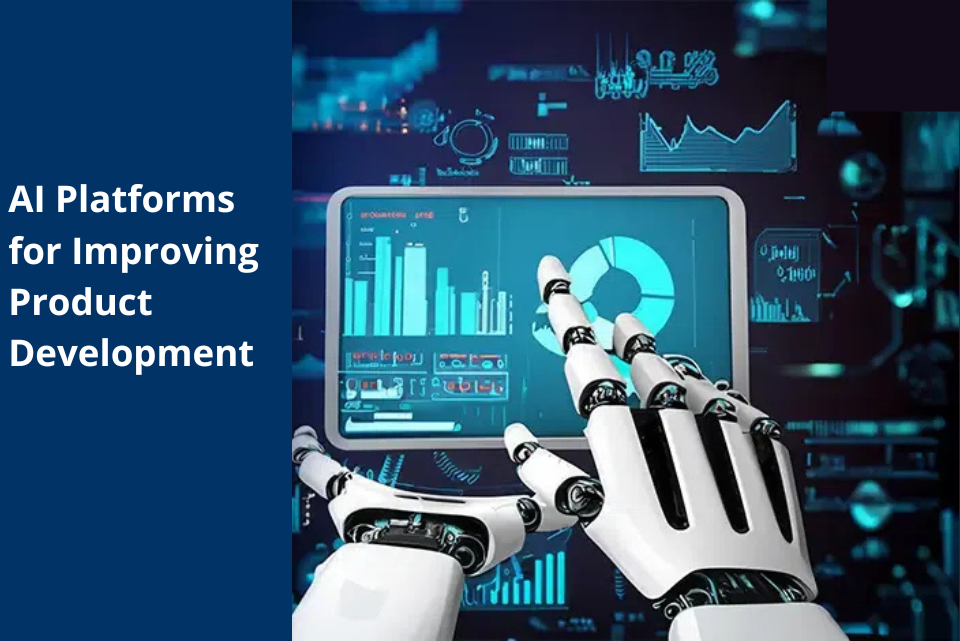
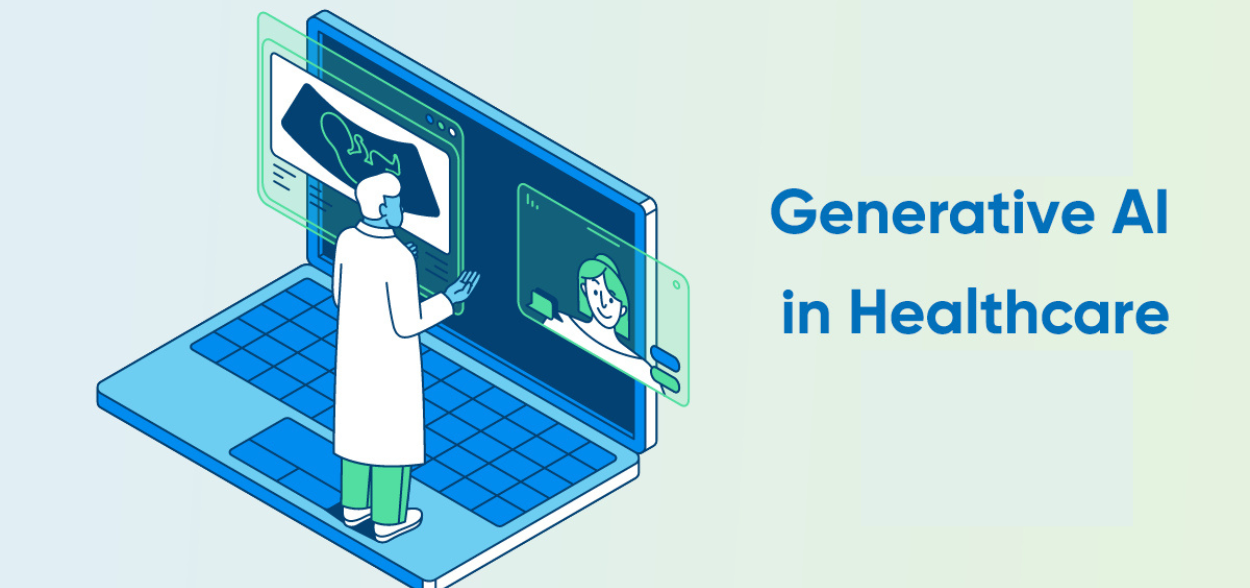
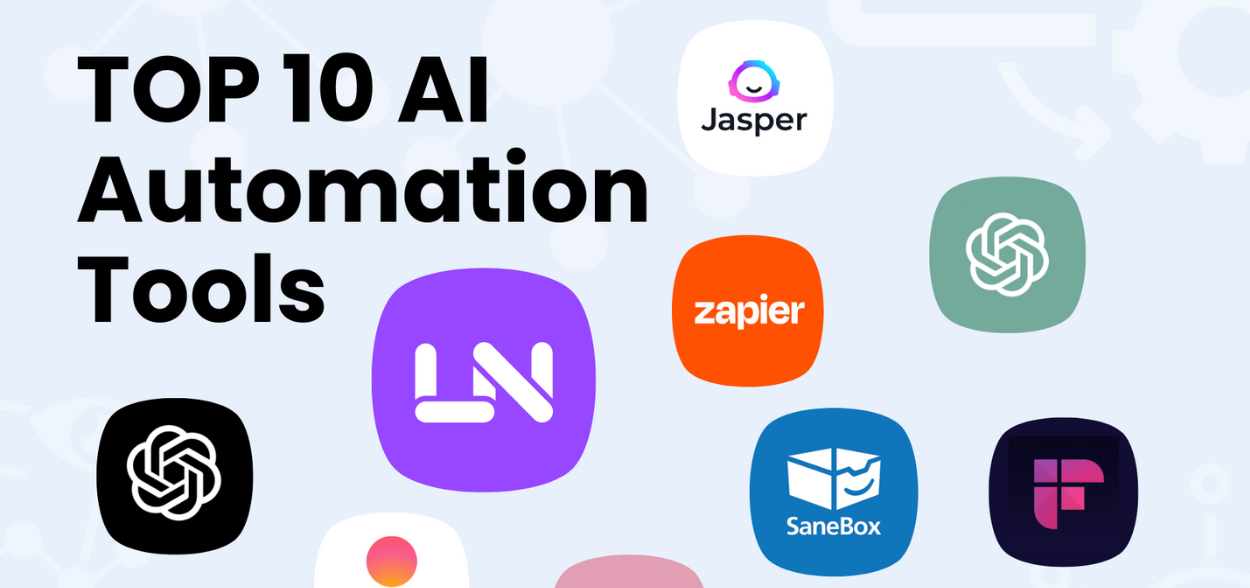


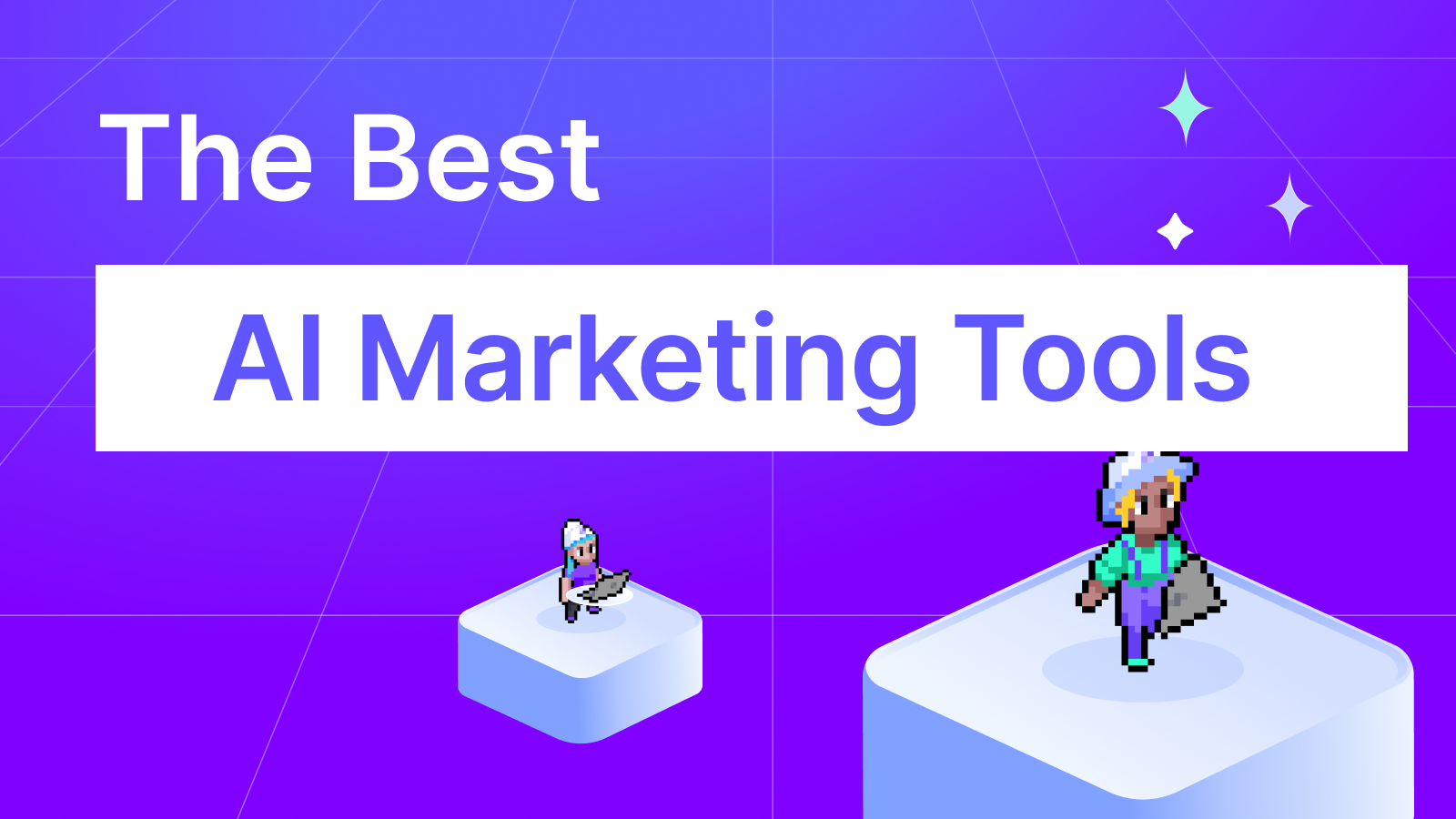
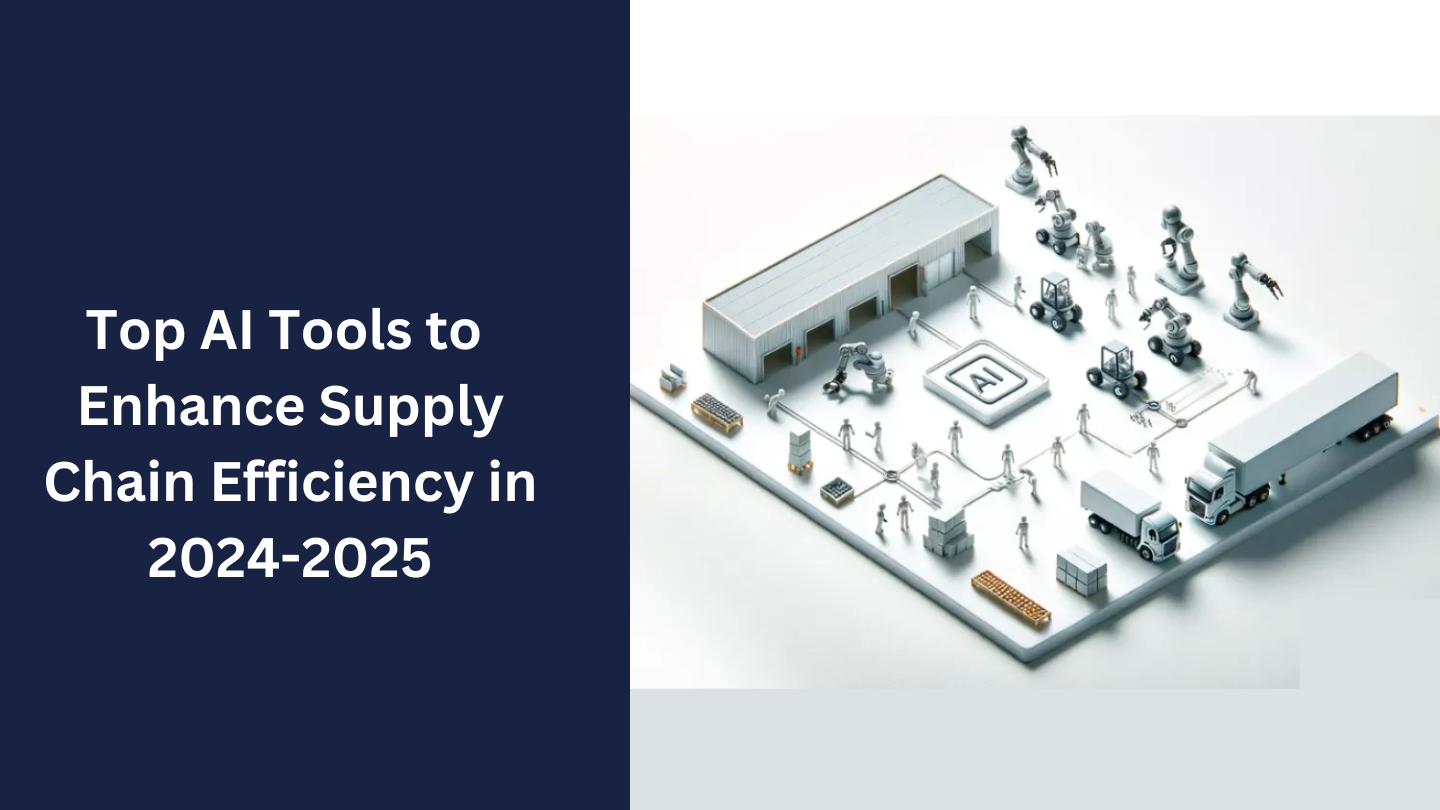
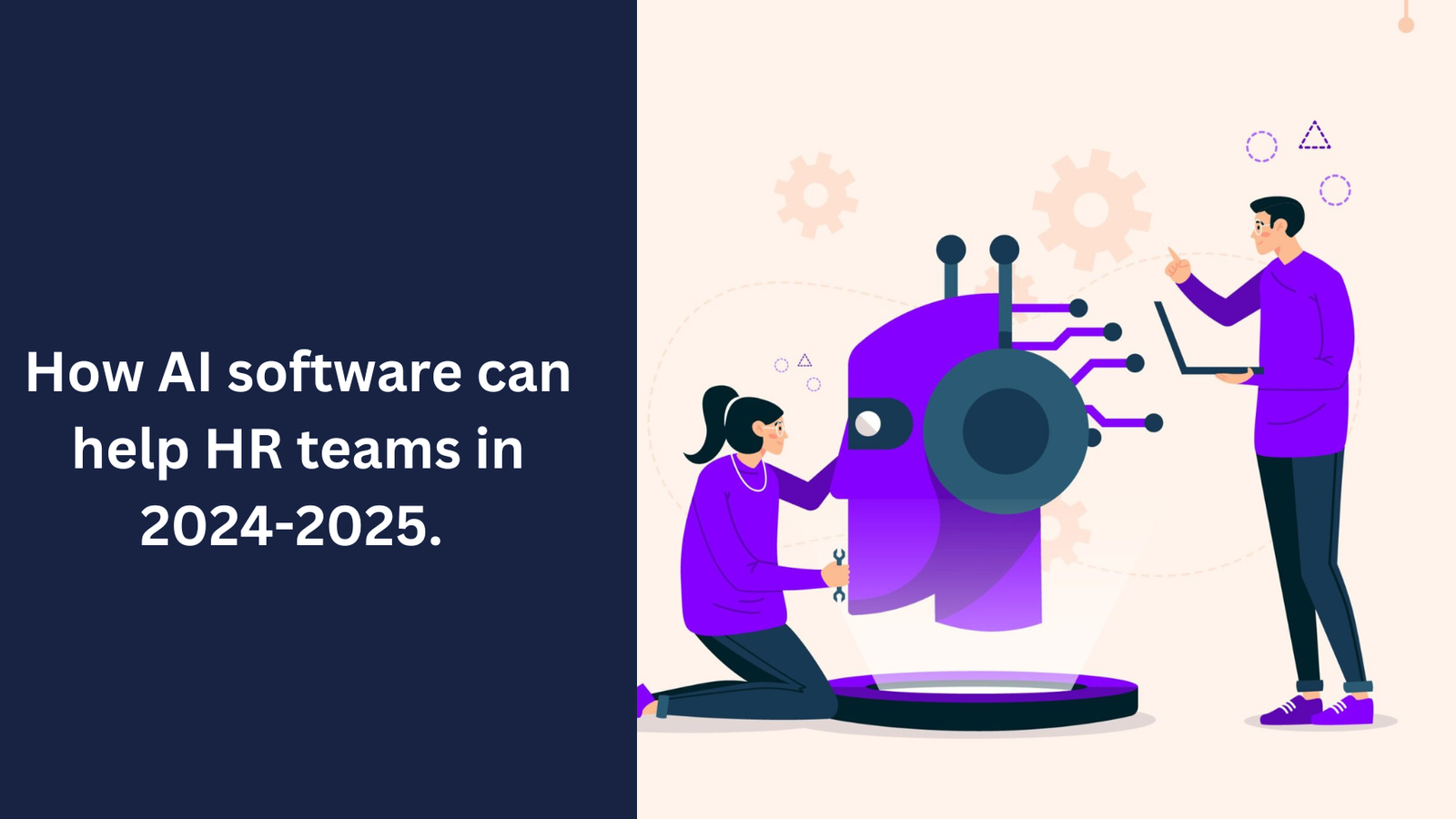


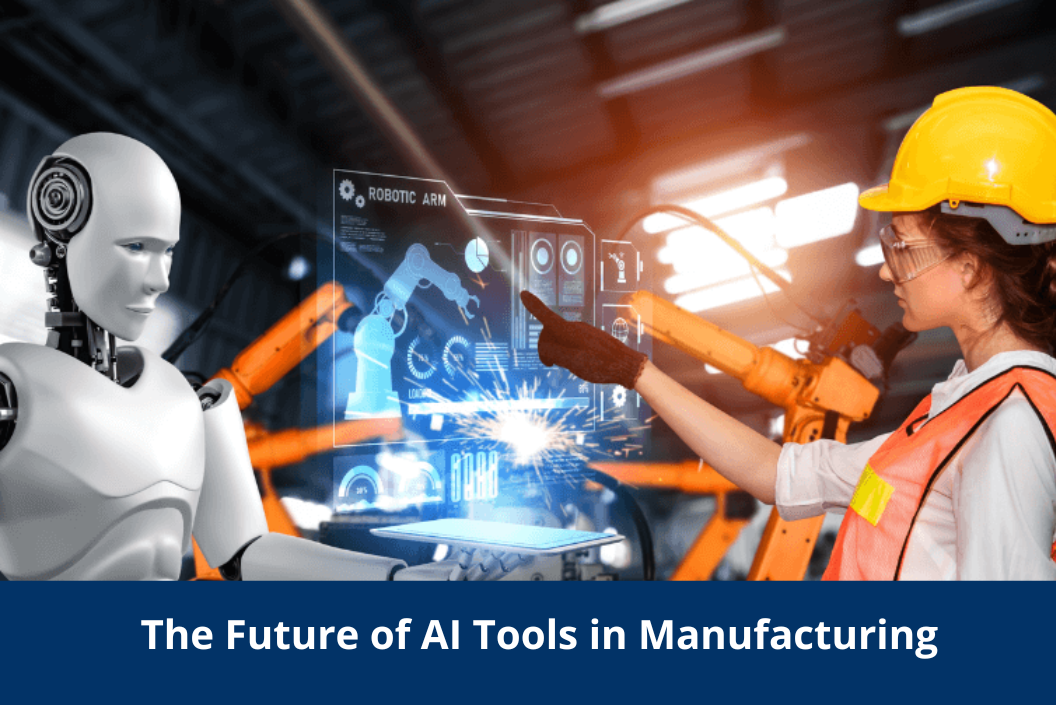
Pingback: Top AI Tools and Platforms for Businesses in 2024-2025